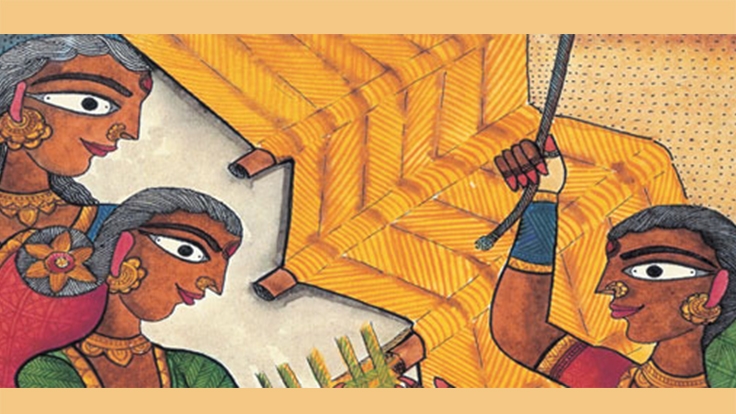Civil Society Consultations
The World Bank is holding a series of consultations to seek inputs on its proposed Country Program Strategy (CPS) for India for 2013-2016. The CPS is the Bank’s roadmap for engagement in the country over the next four years. Oriented toward results, the CPS aims to support India’s development agenda of faster, sustainable and more inclusive growth as outlined in the government’s upcoming 12th Five Year Plan.
The CPS identifies key areas where the World Bank's assistance can have the greatest impact on poverty reduction. This, in turn, determines the level and composition of the World Bank Group’s financial, advisory, and technical support to the country over a four-year period.
The CPS is developed in consultation with country authorities, civil society organizations, development partners, the media, the private sector, and other stakeholders. Consultations provide a platform for the World Bank Group to tap into the experience and knowledge of a broad range of stakeholders, and listen to their ideas about how the Bank can work with them to help the country meet its development challenges. Discussions not only cover the country’s long-standing development agenda but also the new challenges thrown up by unprecedented economic growth, and the recent slowdown.
Accordingly, the World Bank Group is holding a series of consultation workshops in a number of cities across India to determine its CPS for 2013-2016. These include Delhi and four state capitals – Bangalore, Raipur, Guwahati, and Lucknow. Each capital has been specifically chosen to represent the broad range of development challenges facing the different regions in the country today. Feedback, ideas and comments received as part of the consultations will be integrated into the Bank’s final CPS. They will also find echoes in the Bank’s subsequent projects, policies and documents.
Consultation Process
The process of finalizing the World Bank Group’s CPS for India for 2013-16 is as follows:
Mid May 2012: Draft Concept Note of CPS prepared by the World Bank Group
Mid May-End June 2012:
- Consultations with Ministry of Finance and line ministries at the centre
- Consultations with state government officials across six states including Karnataka, Chhattisgarh, Assam, and Uttar Pradesh
- Consultations with civil society organizations in Delhi and five state capitals
End July 2012: Preparation of CPS
- Sharing of CPS through website for further feedback
- Details of consultations with civil society will feature in a separate section of the CPS
September 2012: Presentation to the World Bank’s Board of Directors
- Dissemination of final CPS document
Key Questions for Civil Society
Ahead of the consultations, the World Bank Group sends all participants a presentation in both English and Hindi. The presentation spells out the main thrust areas of the previous CPS (2009-2012), the opportunities and challenges within and outside India, and the direction given by the 12th Five Year Plan. It also outlines the World Bank Group’s initial thoughts on its strategy for 2013-2016, based on internal and external deliberations.
While the three main areas of World Bank support are planned to remain the same as in the 2009-2012 country program, the Bank proposes to increase its support for technical assistance and capacity building. Moreover, while the Bank plans to continue to work in the remote areas of the country, both in the backward as well as better performing states, it proposes to increase its focus on the poorer states.
Key questions being posed to participants, on which they are being asked to express their views candidly, include:
- Do CPS themes capture the development priorities of India/your state? (What according to you are the priorities? What are we missing?)
- What role do you see the World Bank Group playing in helping your state meet these challenges? (Which sectors - agriculture, transport, environment, education? What form
of support - finance, knowledge, experience sharing, etc?) - What are the concerns you have regarding the implementation of development programs in your state (Governance, Equity - Gender, Access to Services, Voice, Others)?
- How can the World Bank work with you to help meet the state’s development
challenges? - Any other points you may wish to discuss.
Based on the feedback received during the Bangalore consultations, a section on the lessons learnt under previous World Bank projects has been added to the Bank's presentation. This section has now been included in the presentations being made in the remaining cities.
Comments and suggestions can still be sent at the following email address: consultationsindia@worldbank.org

